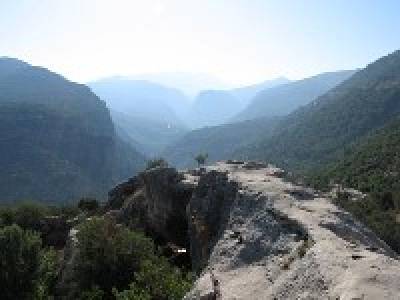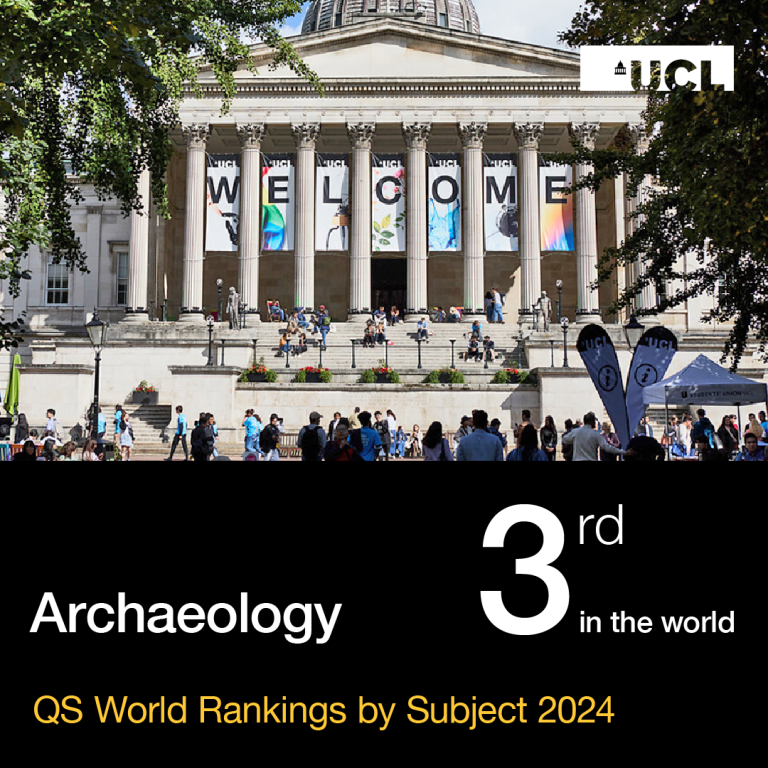This module examines key issues in human ecology and behavioural evolution from the emergence of "cognitively-modern" humans (early Upper Pleistocene) until beginnings of food production (Holocene).

The module will review contemporary debates on issues such as: the emergence of biological and behavioural modernity in Africa, the adaptations of hunter-gatherers to the harsh environmental conditions of the last glacial in Europe, the analysis and interpretation of Upper Palaeolithic cave-art, the nature of hunter-gatherer societies immediately prior to the transition to agriculture in Europe and the Near East, the colonization of Australia and the Americas and human involvement in megafaunal extinctions.
Aims of the module
The module will examine key issues in human evolution and development from the emergence of modern humans (ca.150,000 BP) until the transition to food production (ca. 12-6,000 BP). It will involve a comparative study of the archaeological records from Africa, Western Asia and Europe, and a review of the evidence for the colonization of Australasia and the Americas.
Objectives
On successful completion of this module, students will:
- be knowledgeable about the central debates concerning the development of hunter-gatherer societies through the late Pleistocene and early Holocene.
- have an understanding of the nature of the evidence and the ways in which it has been collected and analysed.
- have a critical appreciation of the range of models which have been used in its interpretation.
Learning Outcomes
By the end of this module, students will have expanded:
- their skills in evaluating archaeological data-bases, and the techniques and models used in their analysis and interpretation.
- their experience in articulating complex ideas and information in written and oral presentations.
- their abilities to design and undertake original research.
Teaching Methods
This 15 credit module will be taught weekly in 10 two hour sessions. Each will begin with a lecture, followed by 1-2 short student presentations and an open discussion. The presentations will normally involve a critical review of 1-2 articles and will be agreed in the week preceding the seminar. There will be recommended readings, which students will be expected to have done, in order to follow and actively contribute to discussion.
Module information
- Code: ARCL0109
- Credits: 15
- Coordinator: Ceri Shipton
- Prerequisite: This module does not have a prerequisite, however, if students have no previous background in early prehistory they might find it helpful to attend undergraduate classes in related topics. Suitable possibilities can be discussed with the Co-ordinator
- Handbook: open»
For registered students
- Reading list: open»
Availability
- Running in 2023-24
 Close
Close


